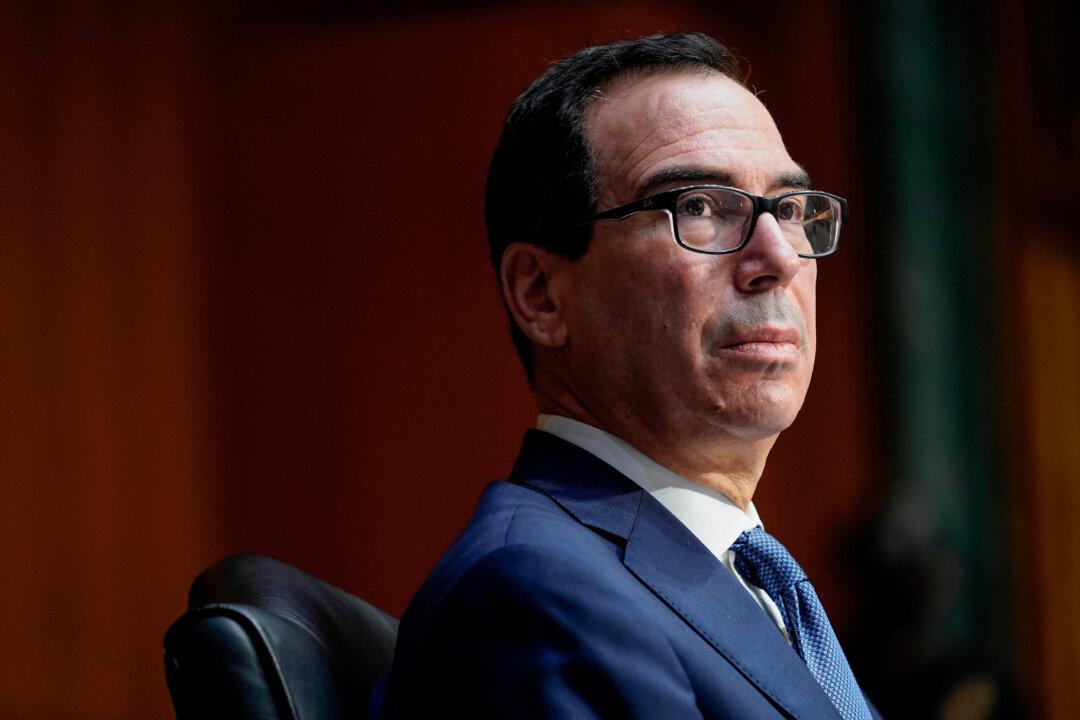Former Secretary of the Treasury Steven Mnuchin announced during a March 14 interview that he is putting together a group of investors to submit a bid for the acquisition of social media platform TikTok.
This comes one day after the Protecting Americans from Foreign Adversary Controlled Applications Act passed the House of Representatives by an overwhelming vote of 352–65. The legislation could prohibit the Chinese-controlled social media app in the United States unless it is sold to a U.S.-based owner.





